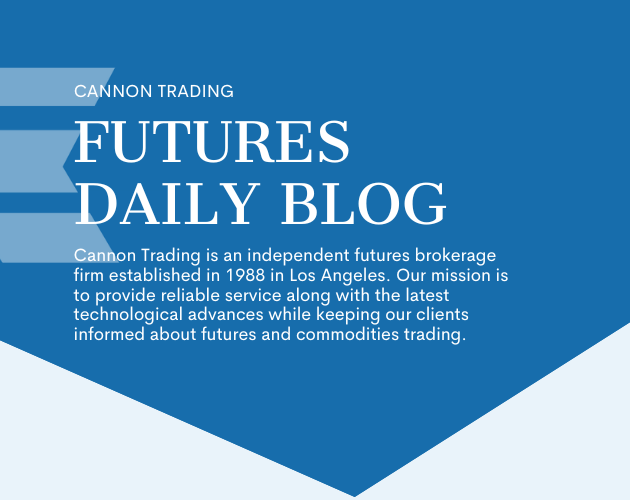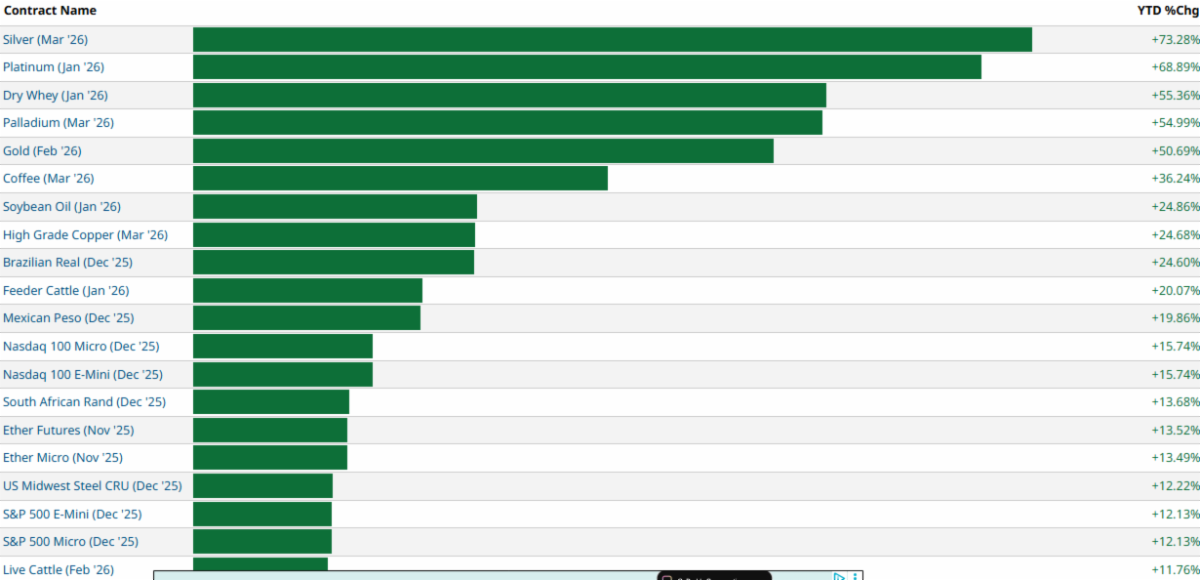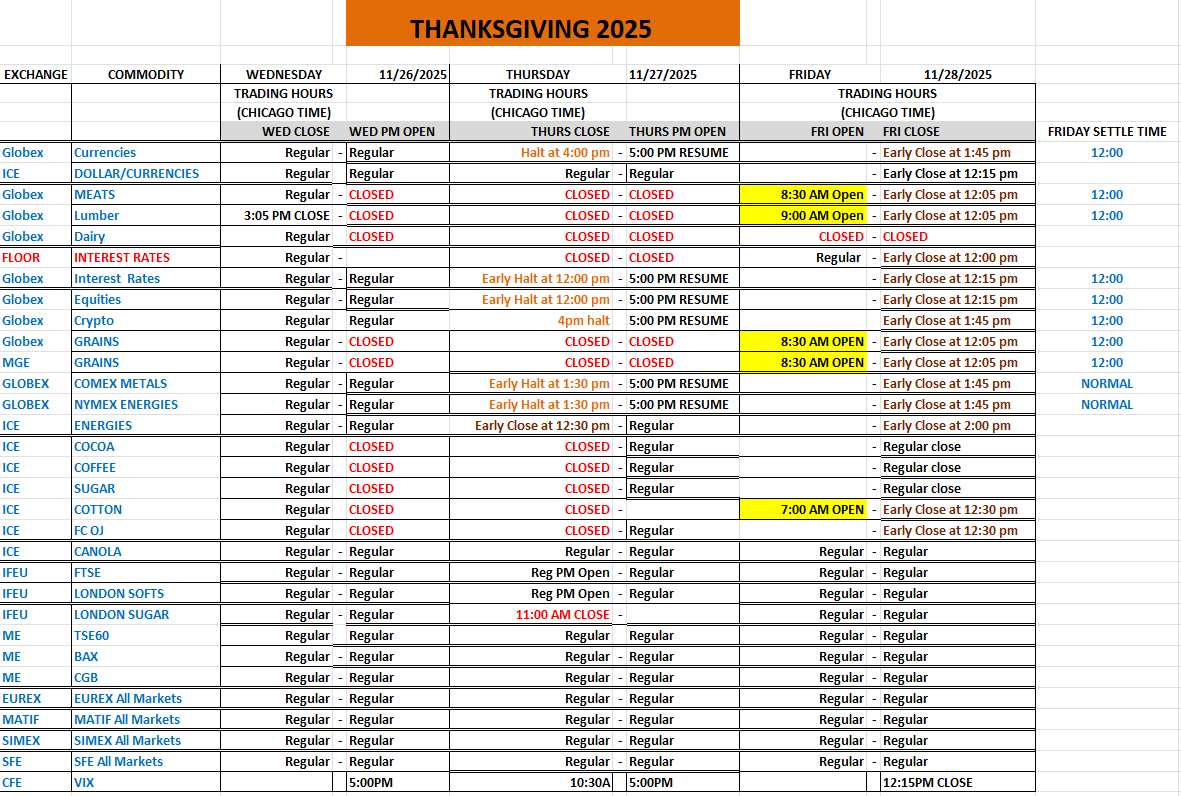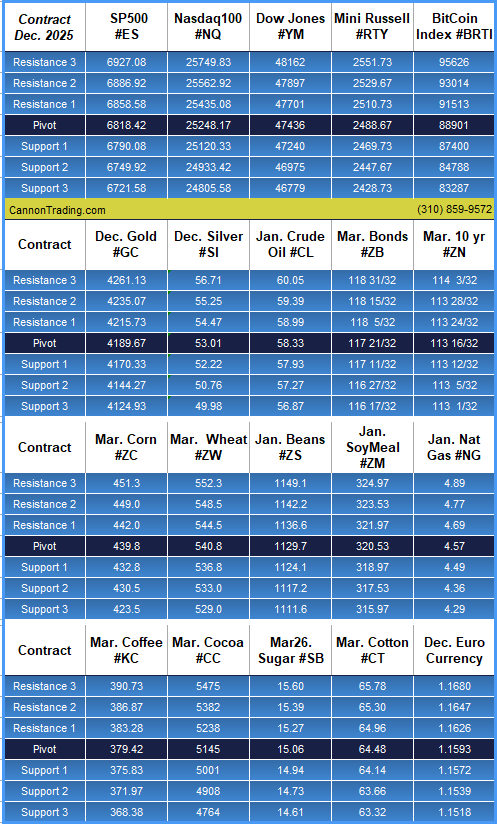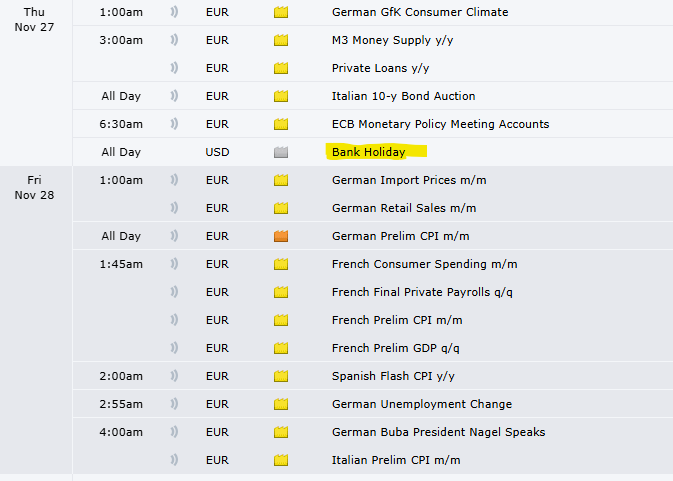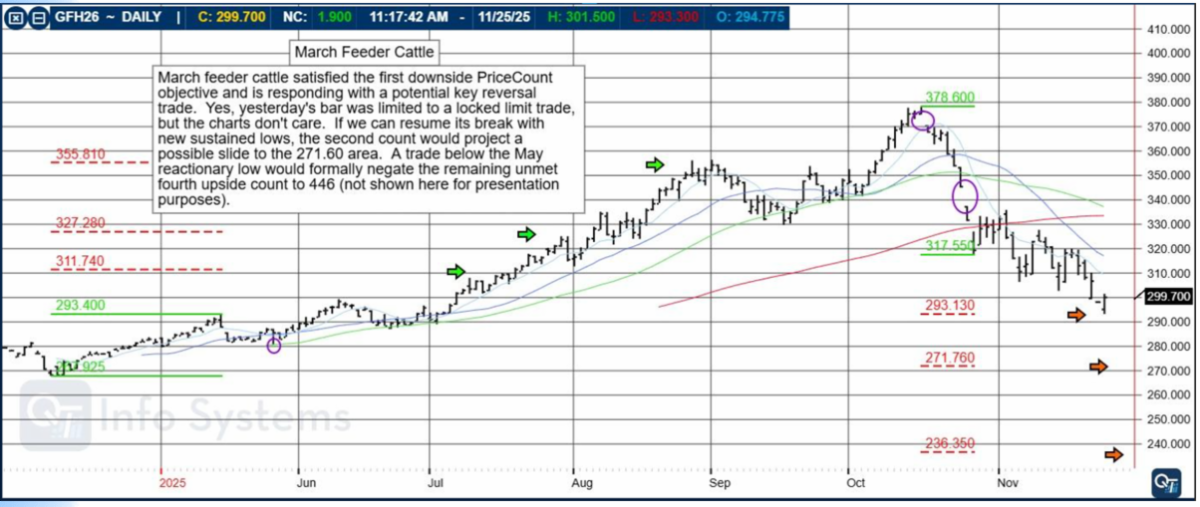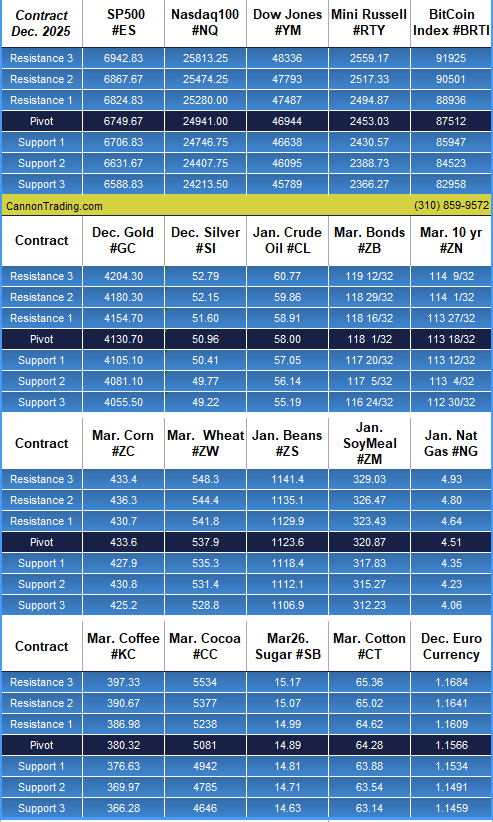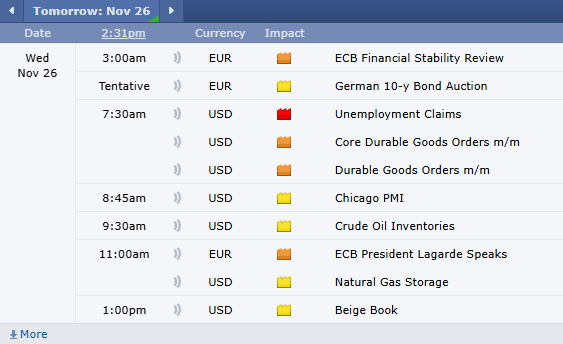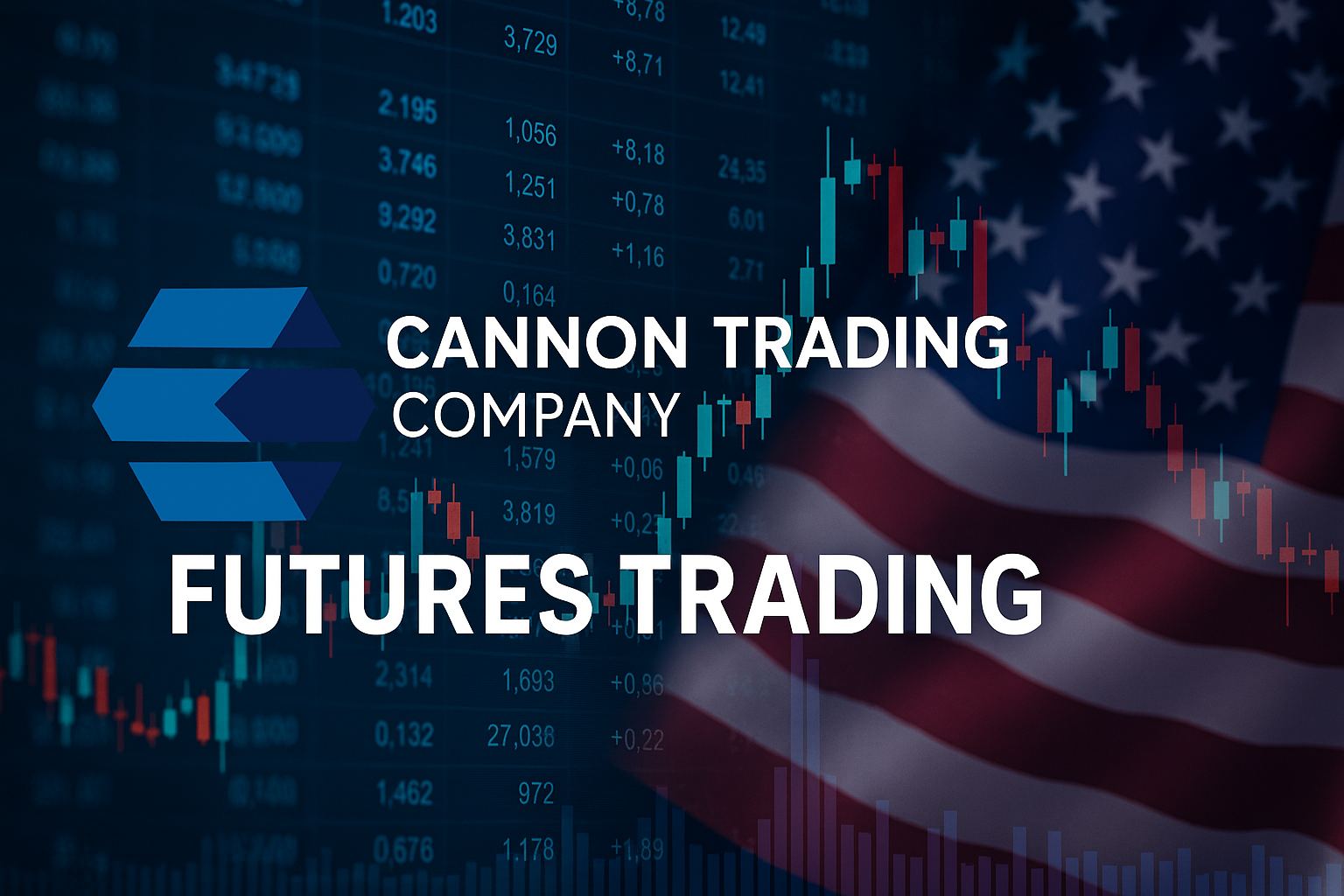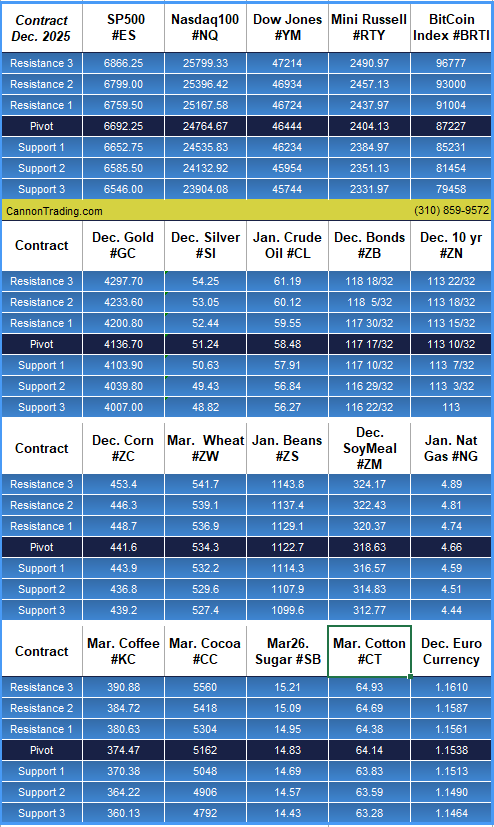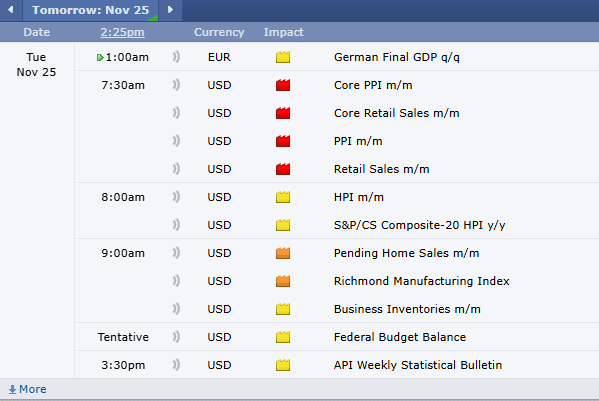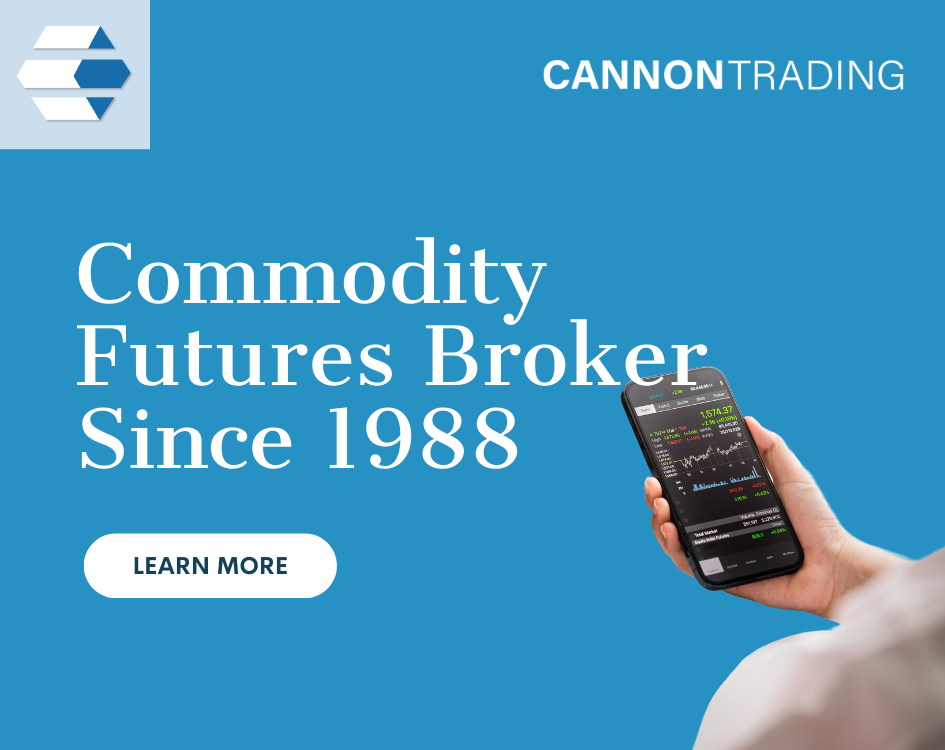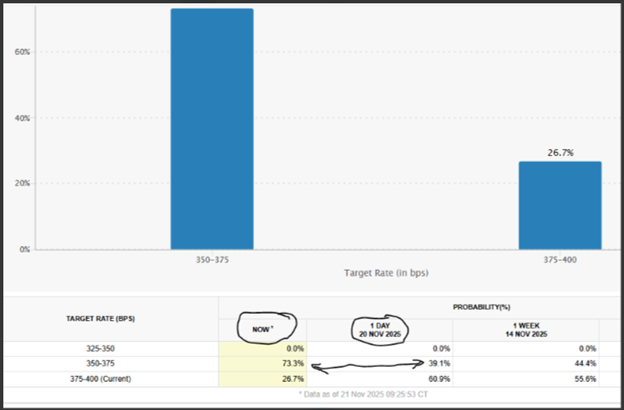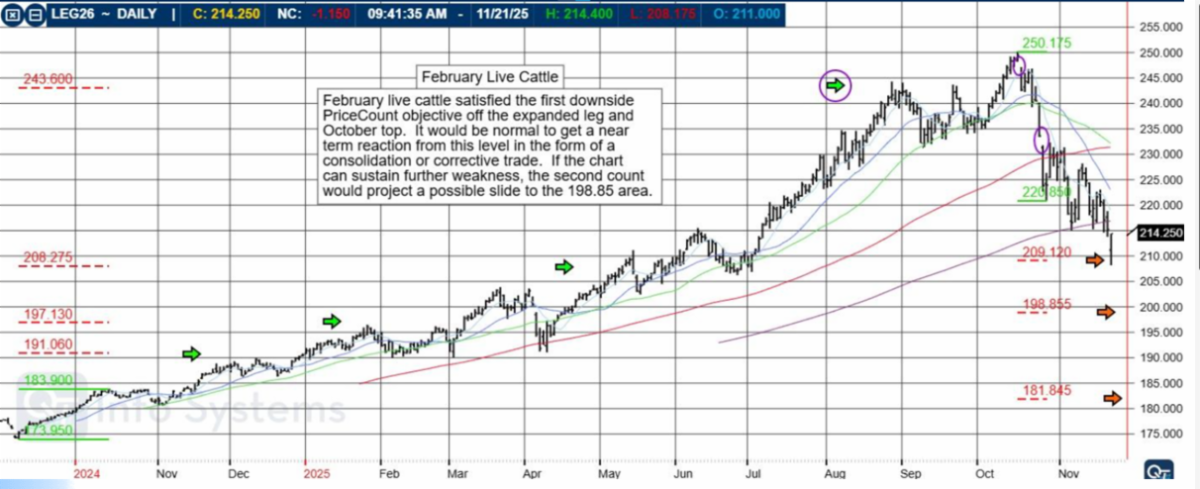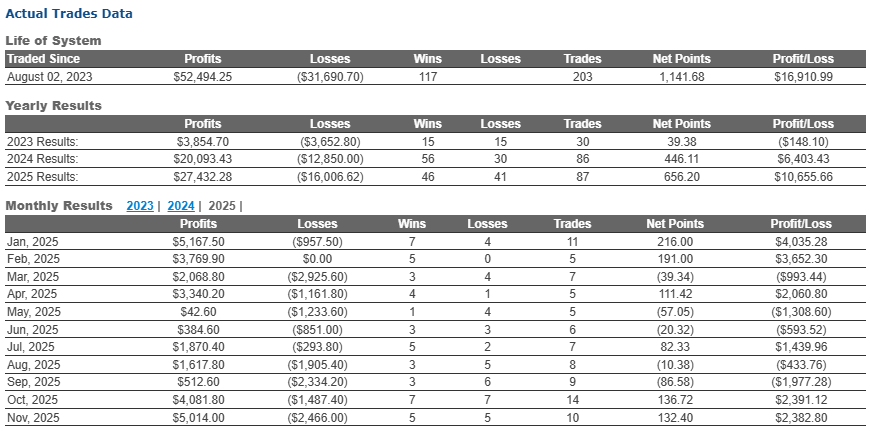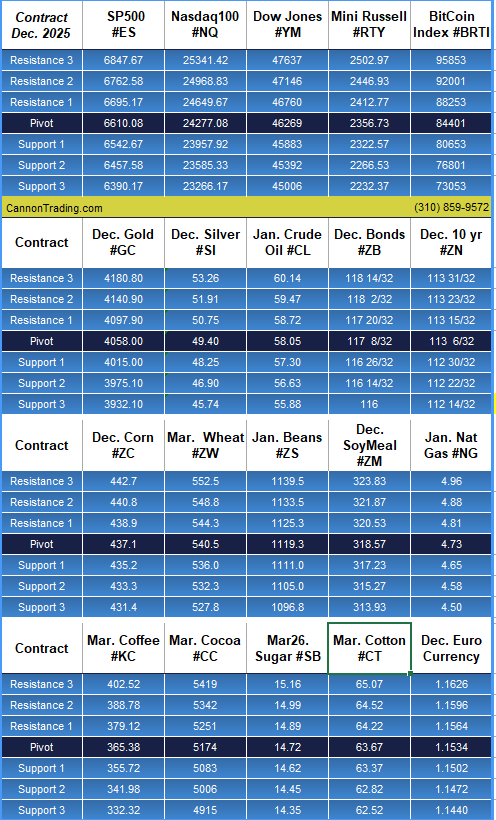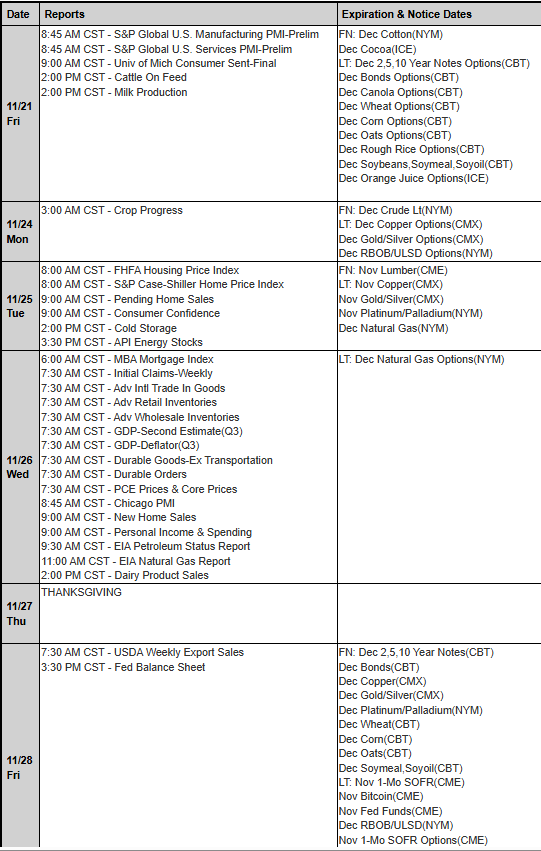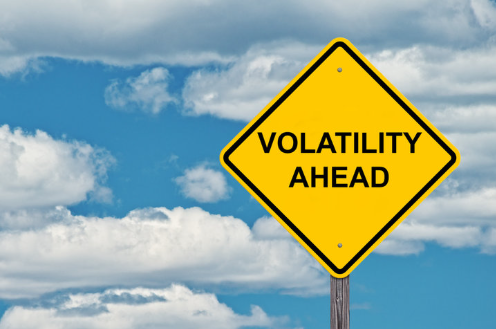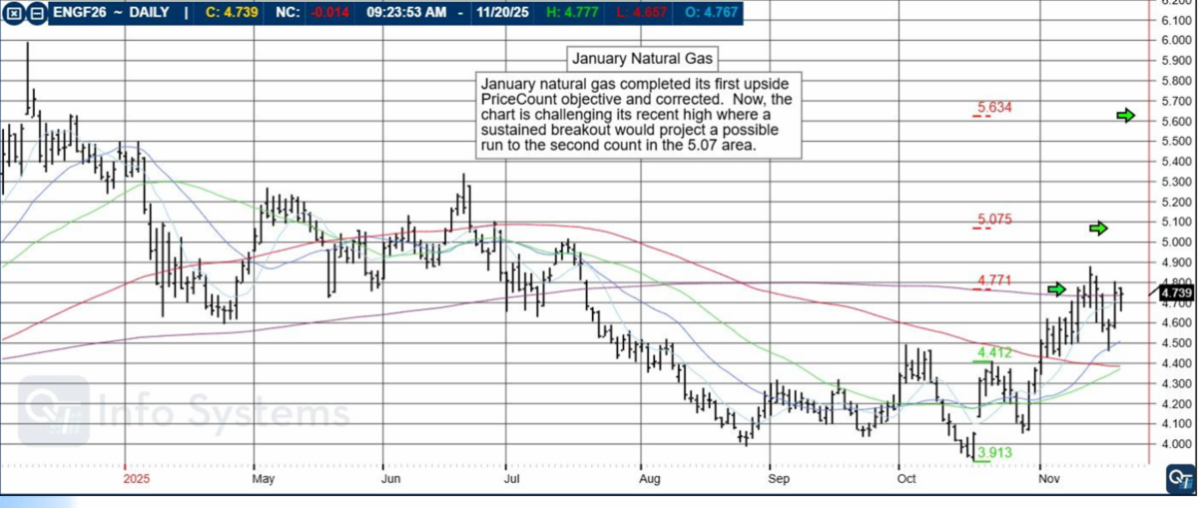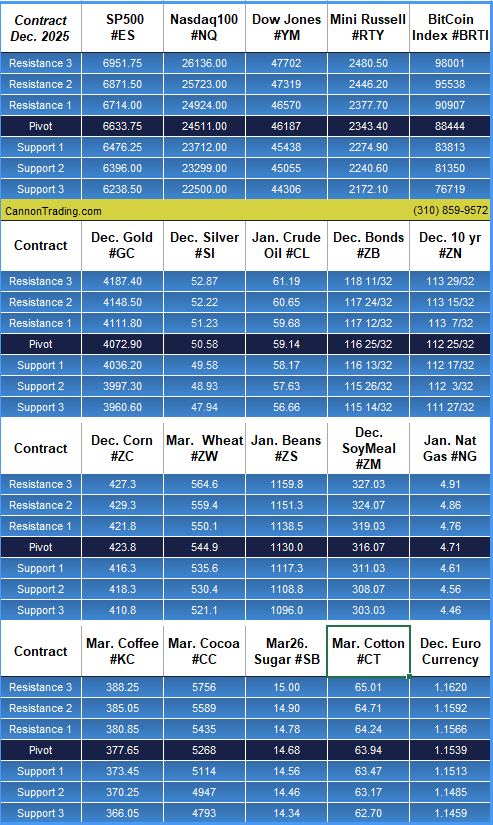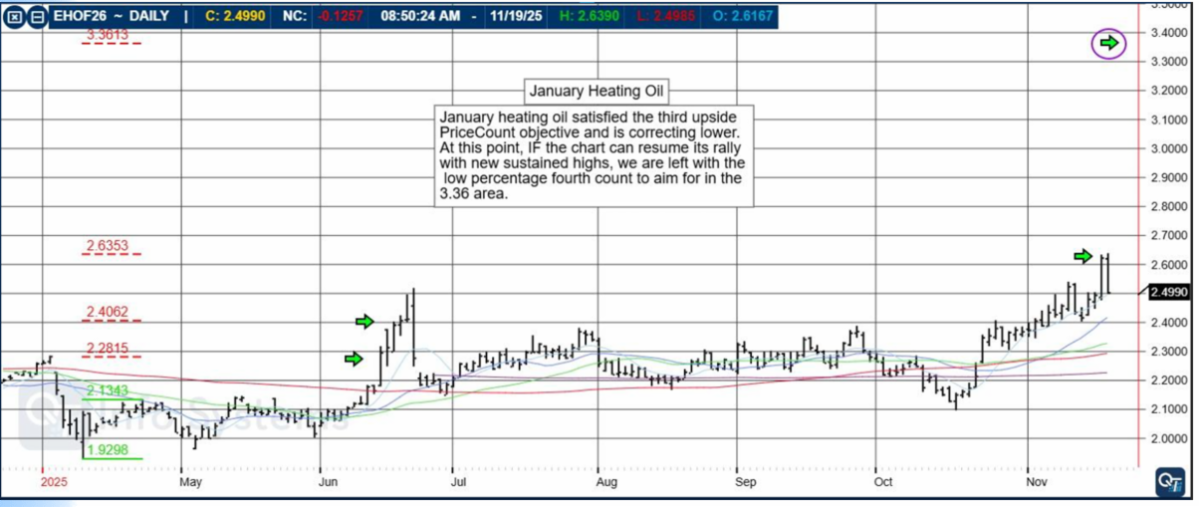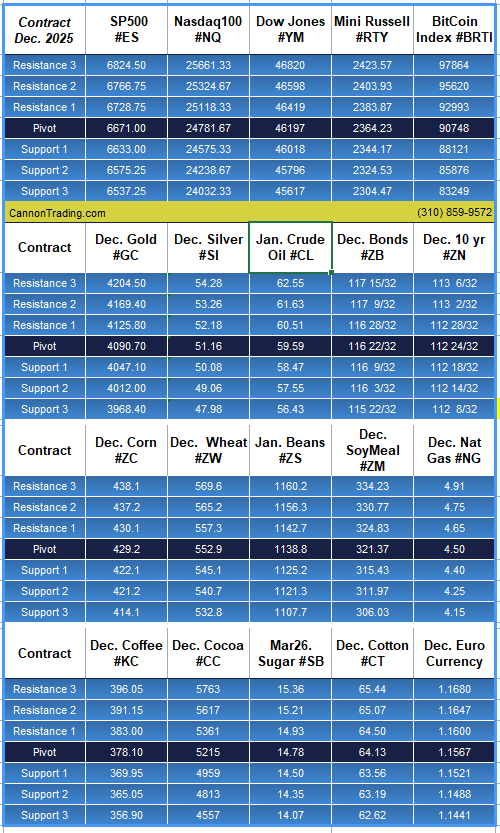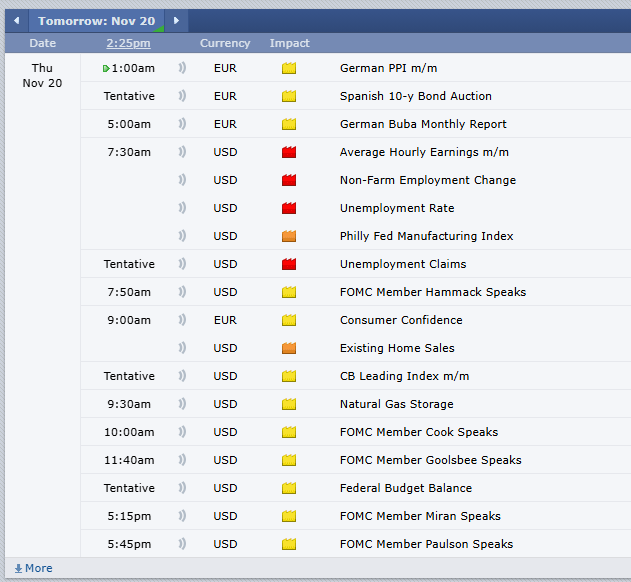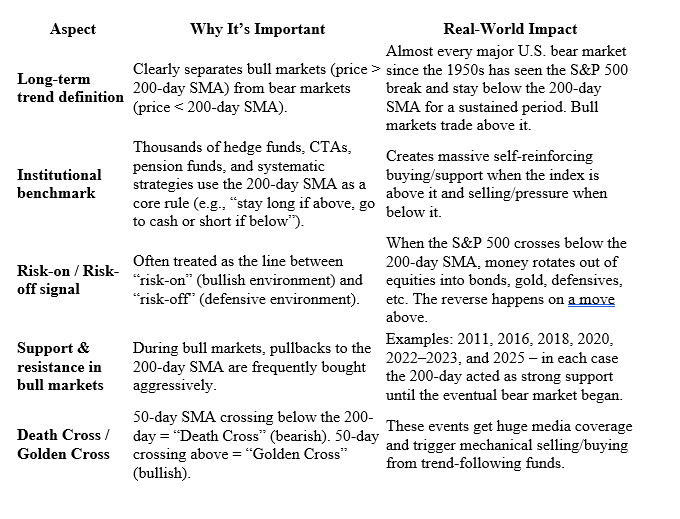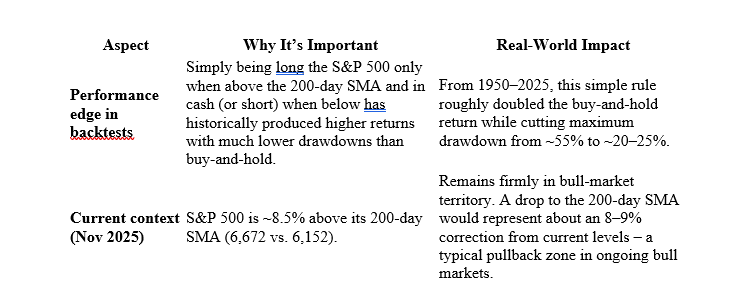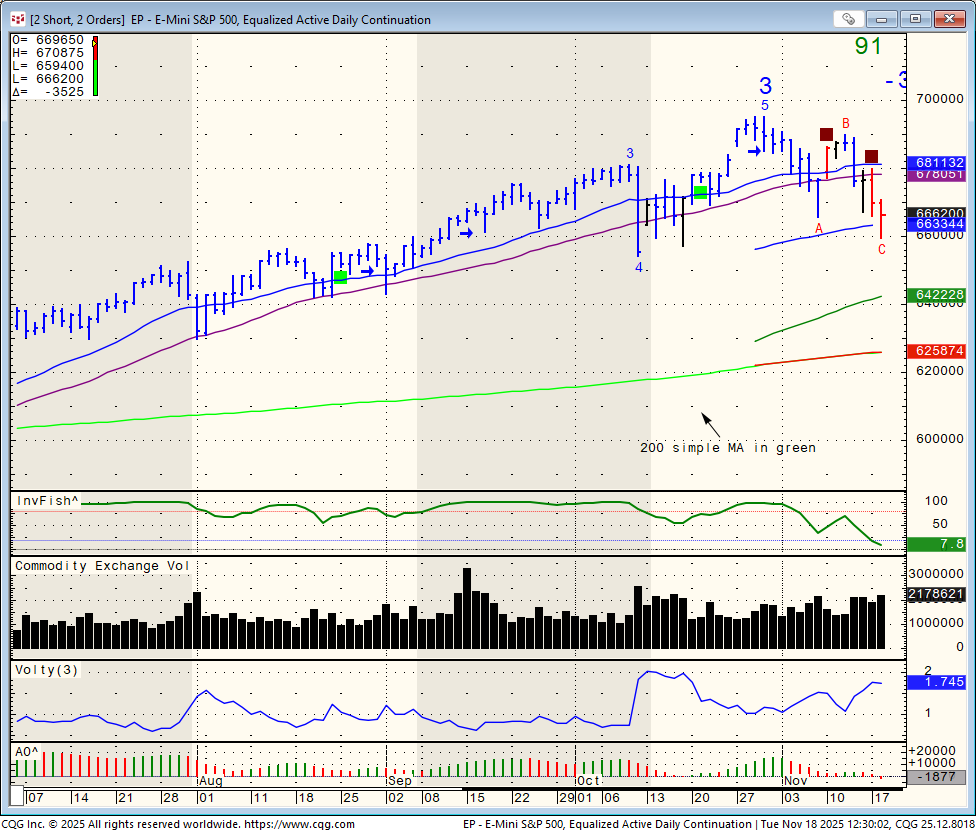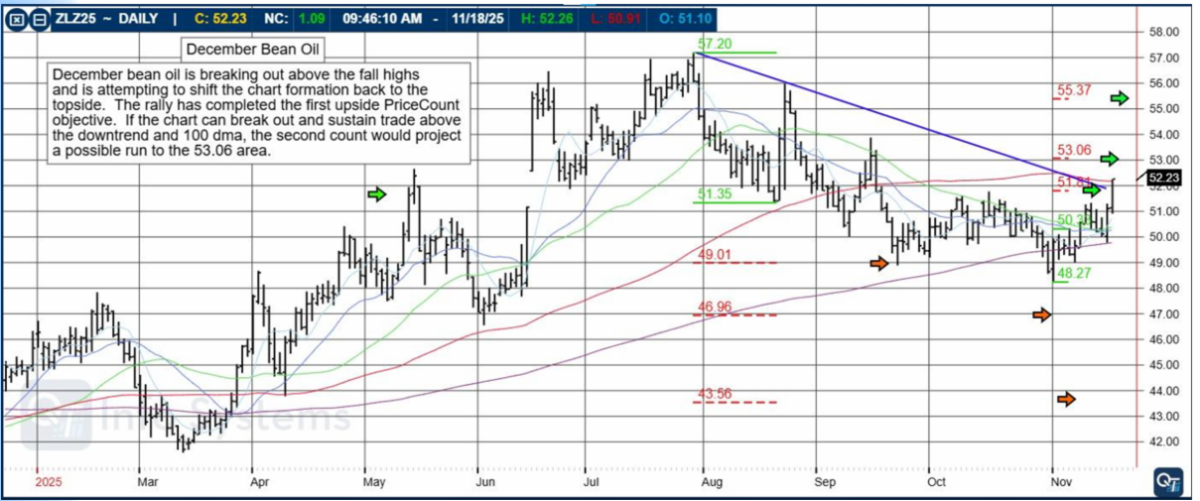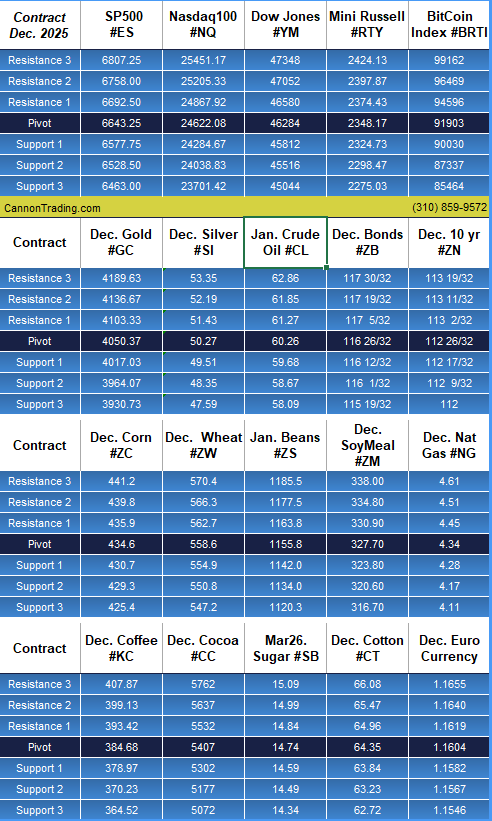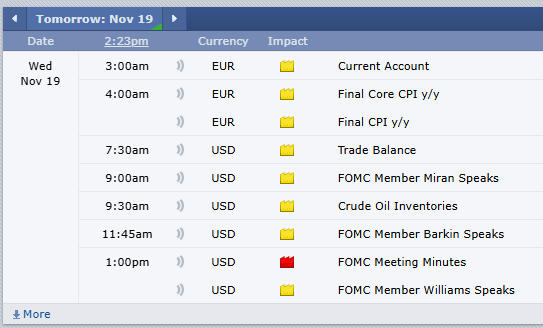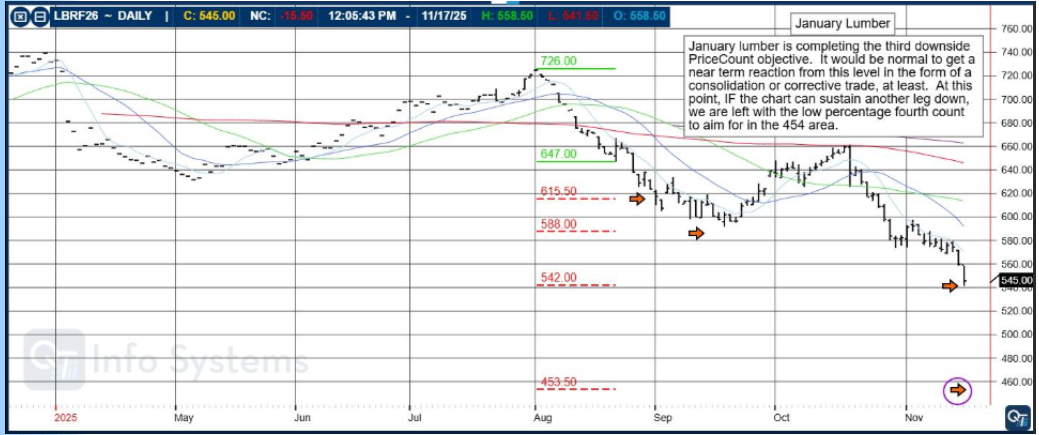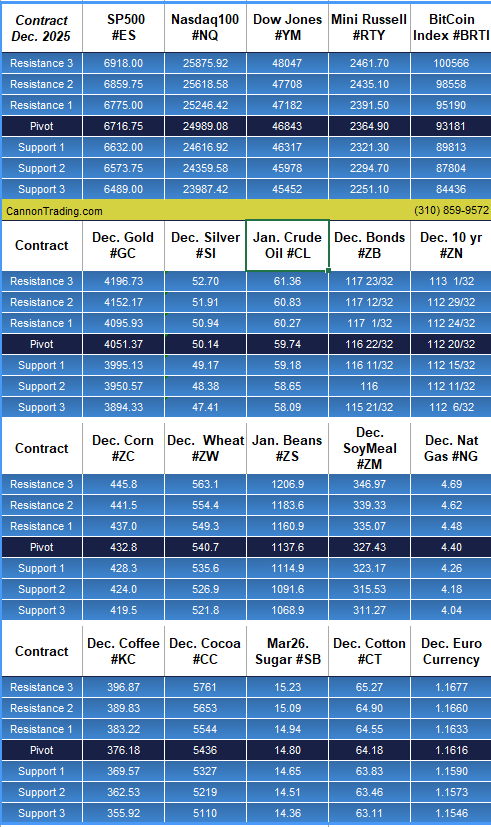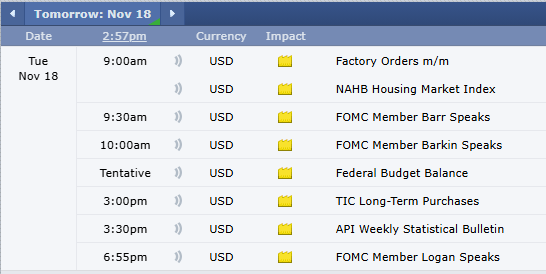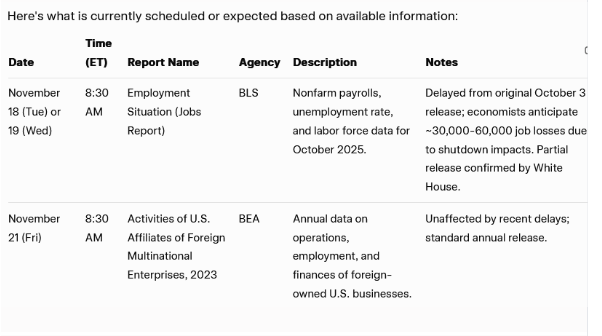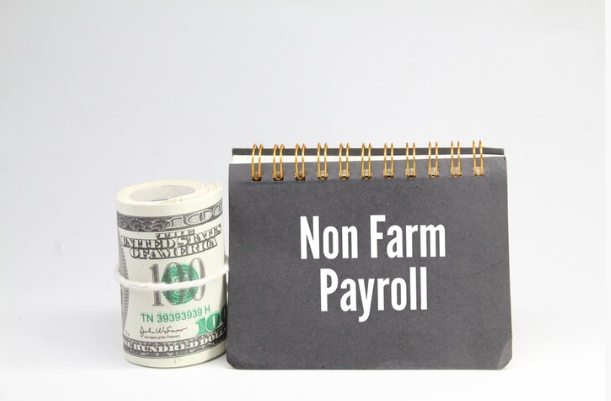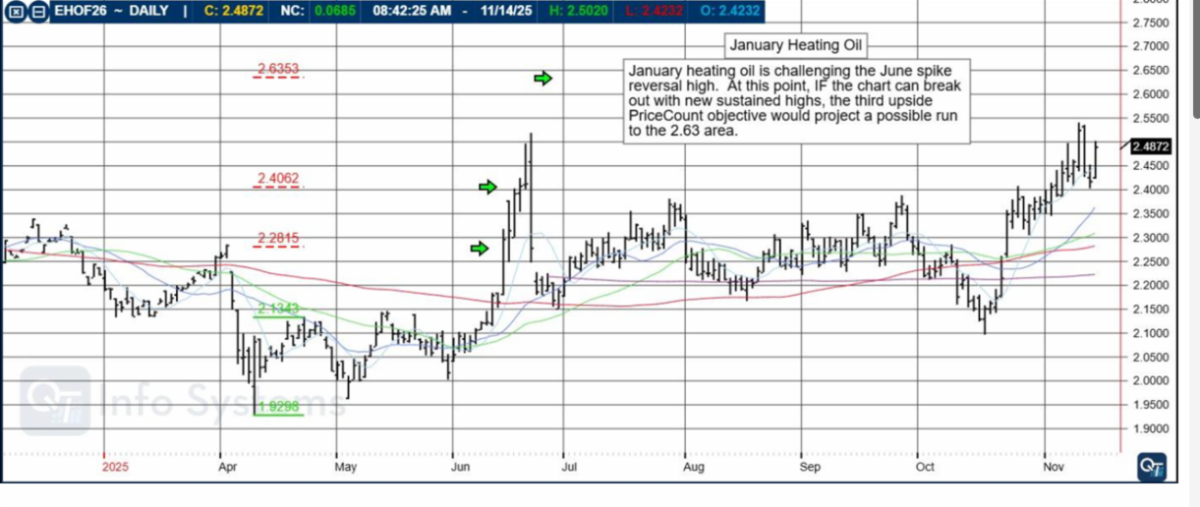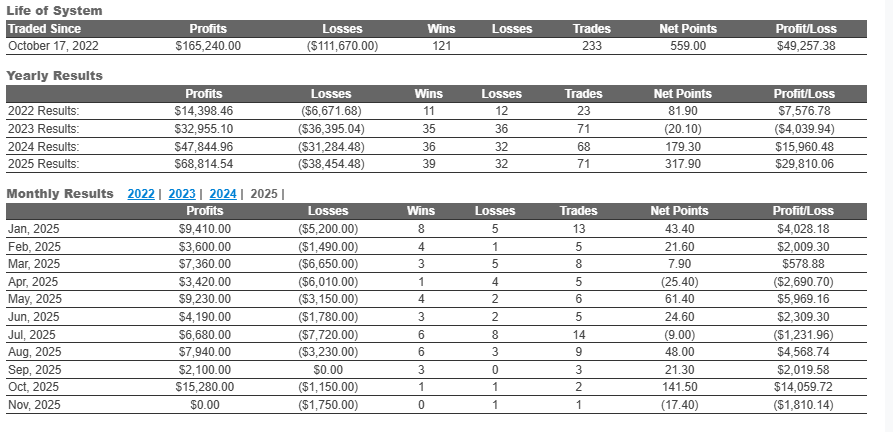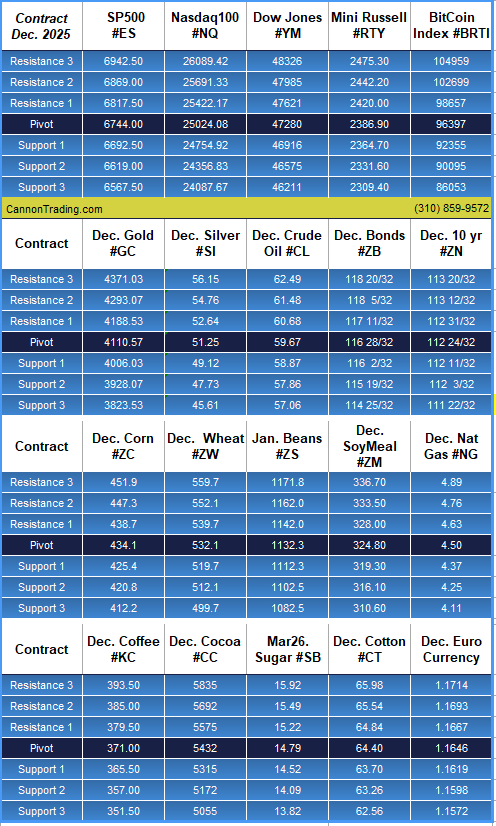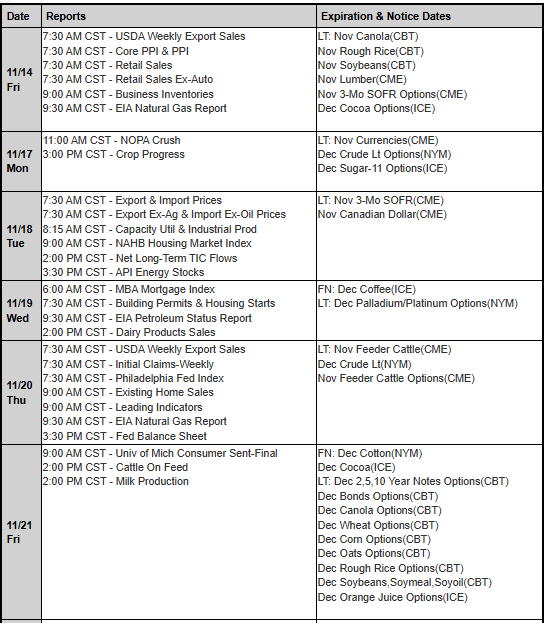Futures Broker
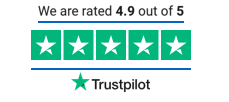
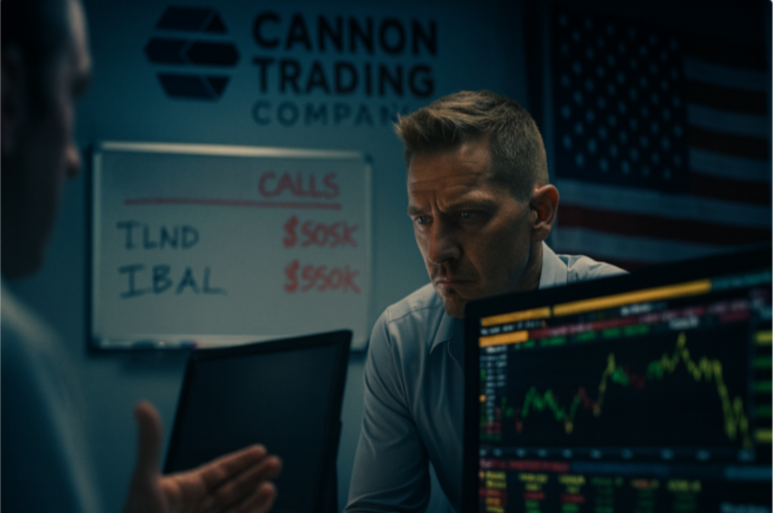
A futures broker is the licensed professional (or brokerage team) who connects you to futures exchanges, helps you place and manage trades, and provides education, risk controls, and strategic guidance around leveraged products. Futures markets are fast, capital-efficient, and brutally honest: they reward preparation and punish guesswork. That’s why the relationship between trader and broker has survived multiple tech revolutions—from open-outcry pits to electronic order books, and now to the age of large language models (LLMs).
If you’re reading this in 2025, you’re likely surrounded by powerful tools: sleek trading platforms, real-time data, backtesting engines, Discord “signals,” and AI chatbots that can summarize macro headlines on command. Yet none of that eliminates the core truth of trading futures: leverage magnifies both skill and error. The right futures broker doesn’t trade for you; they help you trade better—with fewer blind spots, fewer preventable mistakes, and a clearer plan you can execute under pressure.
Cannon Trading Company, founded in 1988, is a Los Angeles-based introducing broker focused on futures and commodities, offering broker-assisted and self-directed solutions, plus multiple platforms and managed/hedge services. Datanyze+2CME Group+2 Their brokers are Series 3 licensed and operate in a service model built around real human availability—something increasingly rare in finance.
Benefits of working with a skilled futures broker
- Risk management that goes beyond “use a stop”
Every trading blog says “manage risk,” but a seasoned futures broker helps translate that slogan into a repeatable process. That can include:
- Contract selection: choosing between standard, mini, or micro contracts to match account size and risk tolerance.
- Margin awareness: understanding exchange vs. broker day margins, intraday volatility expansion, and what happens during fast markets.
- Scenario planning: mapping what-ifs (overnight gaps, limit moves, economic releases) before they happen.
- Position sizing: adjusting size to volatility rather than emotion.
Leverage is the defining feature of futures. As Schwab points out, futures use substantially more leverage than stocks and expire on set dates—making sizing and timing central to survival. Schwab Brokerage A good broker keeps you aligned with that reality.
- Execution help in real market conditions
“Click to trade” is easy; consistent execution is not. A skilled futures broker can help with:
- Order types (limit, stop-limit, MIT, OCO brackets, trailing logic).
- Slippage control in thin or news-driven markets.
- Liquidity timing—when spreads tighten and when algos get jumpy.
- Emergency trade management if platform, internet, or cognition fails in a shock move.
- Strategy fit: matching style to personality & capital
Many traders lose because they pick a style that fights who they are. Brokers who work closely with clients see patterns across thousands of accounts and can help you find your “tradeable comfort zone.” Cannon explicitly emphasizes one-on-one broker collaboration to establish trading goals and match platform/services to style. Cannon Trading Company, Inc.
- Education tailored to your actual weak spots
You can watch 300 YouTube videos and still not know why you’re losing money. A high-touch futures broker can identify where your process breaks:
- Are entries random?
- Are you overtrading chop?
- Are you trading too large for your psychological bandwidth?
- Is your edge real, or just a lucky month?
Because the feedback is personal and contextual, it lands differently than generic content.
- Access to tools, exchanges, and structures you might miss
Cannon offers access to numerous platforms and services, including self-directed retail, professional, and managed futures pathways. CME Group+1 Brokers who live in this ecosystem can point you toward:
- Better data solutions for your style (DOM-centric vs. macro-driven, etc.).
- Spread trading tools for inter-market or calendar spreads.
- Hedging structures for business or portfolio risk.
- Managed futures or system-based alternatives if you prefer delegation.
Risks of trading without a skilled futures broker
Trading without guidance isn’t automatically bad. Many disciplined, experienced traders thrive fully self-directed. The danger is starting self-directed without understanding where the cliffs are.
- Misusing leverage and margin
New traders often size positions based on hope, not math. Without a broker stressing margin nuance, it’s easy to:
- Treat low day margin as “cheap risk.”
- Add contracts after losses to “get it back.”
- Hold positions into events without realizing volatility-based margin hikes can cause liquidation.
- Platform overconfidence
DIY futures traders sometimes assume a platform equals mastery. But platforms don’t prevent:
- Revenge trading
- Stop-moving
- “One more trade” spirals
- Trading a contract you don’t truly understand
A broker acts like guard rails for the early learning curve.
- Strategic wandering
Without external structure, traders drift between styles: scalping this week, swing trading next week, options on futures the week after. That creates data noise and destroys skill compounding. A futures broker keeps your process coherent long enough to measure if you have edge.
- Behavioral blind spots
The market doesn’t care about your intentions. Most blow-ups trace to psychology, not insufficient indicators. Brokers who know your plan can call out emotional patterns you can’t see from inside your own head.
- Missing regulatory, tax, and contract-specific details
Futures are standardized, but each contract has its own quirks: tick size, deliverable grade, cash-settlement rules, final trading day, limit rules, trading halt mechanics. A broker helps you avoid the “I didn’t know it expired today” moment.
How skilled futures brokers at Cannon Trading Company complement your trading choices


Cannon Trading positions itself as a client-first brokerage providing personal access to licensed brokers and support across trading styles. CME Group+1 Multiple independent reviews note competitive commissions, platform breadth, and strong client support. Top Rated Firms+1
What makes Cannon especially relevant now is service plus modern tool fluency:
- Human broker access when it matters most
Cannon’s TrustPilot presence highlights “every inquiry handled personally by a licensed broker.” Trustpilot+2Trustpilot+2 The firm markets itself as a top-rated futures brokerage on TrustPilot, with an emphasis on responsiveness and relationship depth. Cannon Trading Company, Inc.+2Cannon Trading Company, Inc.+2 In a market where many traders feel routed through tickets and bots, a live broker who knows your account can be the difference between a controlled loss and a cascading one. - Platform matchmaking instead of one-size-fits-all
With access to 10+ platforms and both broker-assisted and self-directed routes, Cannon brokers can help you pick a stack aligned to your edge. CME Group - Support for both high-net-worth and everyday traders
Cannon’s own education content discusses broker services designed for high-net-worth traders—such as bespoke consultation, multi-exchange access, and tailored margin solutions. Cannon Trading Company, Inc. Yet Cannon also serves retail self-directed clients and newer traders through guided onboarding and education. CME Group+1 This dual focus matters: wealthy traders need customized structure, while everyday traders need clarity, guard rails, and cost efficiency. - A “hybrid” model that fits LLM-era workflows
LLMs like ChatGPT, Copilot, Gemini, and Claude are fantastic for summarizing reports, translating macro themes, and even helping you draft a trading plan. But they don’t see your real-time fills, they don’t know your risk tolerance unless you tell them, and they can’t intervene during a volatility shock. The sweet spot is LLM + broker:
- Use LLMs to research and ideate (market regimes, historical analogs, strategy checklists).
- Use your futures broker to validate, operationalize, and stress-test that plan against real contract mechanics, margin, and execution reality.
In practice, that looks like: “Here’s what ChatGPT says about trading crude inventory releases—can we walk through what that means for order placement, size, and stop logic on your platform?”
Evaluating futures brokers for high-net-worth individuals vs. everyday traders
For high-net-worth futures traders
A broker geared to HNW clients typically offers:
- Customized service and direct senior access
- Portfolio-level hedging across equities, rates, FX, or commodities
- Advanced margin and liquidity solutions
- Cross-market execution (spreads, OTC-adjacent structures, multi-exchange)
- Potential managed futures pathways if the client wants delegation
Cannon highlights these HNW-style features in its own broker-type guidance. Cannon Trading Company, Inc. The key question for wealthy traders is not “Can I trade?” but “Can I trade efficiently and institutionally without operational drag?”
For everyday futures traders
Retail clients should look for:
- Transparent commissions and margins
- Fast customer support
- Education that isn’t condescending or salesy
- Platform flexibility (DOM, charting, automation, mobile, etc.)
- Realistic risk coaching for smaller accounts
Cannon’s service menu explicitly includes broker-assisted discount trading and self-directed options, aiming to serve the full spectrum. Cannon Trading Company, Inc.+1
Futures trading types, in big detail
Futures aren’t one market—they’re a universe. A good futures broker helps you choose which futures world fits your goals.
- Speculative directional trading
You’re betting on price moving up or down. Styles include:
- Scalping: seconds to minutes, hunting micro-moves, very size-sensitive. Requires low latency, tight spreads, and iron discipline.
- Day trading: intraday trends or mean-reversion, closing before settlement to avoid overnight risk.
- Swing trading: multi-day holds, broader stops, more macro context.
- Position trading: weeks to months, often tied to economic cycles, seasonal patterns, or multi-market themes.
- Hedging
Hedgers use futures to reduce risk, not chase profit. Examples:
- A manufacturer hedges copper or energy inputs.
- A portfolio manager hedges equity exposure with S&P 500 or Nasdaq futures.
- A bond manager hedges duration risk with Treasury futures.
Hedging requires contract knowledge, roll planning, and basis awareness—areas where a broker’s experience is crucial.
- Spread trading
Spreads reduce outright directional risk:
- Calendar spreads: long one delivery month, short another (e.g., crude June/July).
- Inter-commodity spreads: related markets (e.g., heating oil vs. crude).
- Inter-market spreads: macro relationships (e.g., S&P vs. Nasdaq).
Spread traders live on relative value, seasonality, and structure. A broker helps with margin efficiencies and specialized order routing.
- Options on futures
Options add convexity and defined-risk structures to futures:
- Buying calls/puts to limit downside
- Selling premium for income (with strict risk controls)
- Spreads like verticals, calendars, butterflies
- Hedges that cap disaster risk while keeping upside open
- Managed futures and system trading
If you prefer a rules-based or delegated approach:
- CTA/managed accounts: professional managers trade your capital.
- Automated systems: you run an algorithmic strategy through a platform.
- Prop-style pathways: some traders use evaluation models to access external capital, lowering personal risk. FinSeeds+1
Managed futures can diversify portfolios because many systems aim to exploit trend and volatility across asset classes.
- Asset class categories
You can trade futures in:
- Equity indices (S&P 500, Nasdaq, Dow, Russell)
- Rates (Treasury notes/bonds, SOFR/Eurodollar-style contracts)
- Energy (crude oil, natural gas, gasoline)
- Metals (gold, silver, copper, platinum)
- Agriculture (corn, soybeans, wheat, cattle, coffee, sugar)
- FX and crypto (major currency futures, micro crypto products in some venues)
Each category has distinct volatility profiles and fundamental drivers.
The LLM emphasis: how AI changes learning futures, not risk
LLMs are now core to a modern trader’s workflow:
- Research acceleration: summarize Fed minutes, OPEC headlines, crop reports.
- Strategy design: draft hypotheses, test edge logic, generate checklists.
- Education: explain term structure, contango/backwardation, or options Greeks in your preferred style.
- Journaling support: help analyze trades and extract patterns.
But LLMs remain advisory tools, not trading guardians. They don’t shoulder your margin call. They can misread context or hallucinate details if you don’t verify. So your human futures broker becomes even more valuable as your reality filter, ensuring AI-assisted plans align with real-market microstructure and your actual account constraints.
FAQ
What does a futures broker do that a platform can’t?
A platform routes orders; a futures broker adds risk coaching, strategy fit, contract nuance, and live help during crises. The broker’s value is decision support and behavioral protection.
Is it cheaper to trade without futures brokers?
You might save on advisory help, but cost isn’t just commissions. Many traders who go solo pay far more through preventable errors, poor sizing, or wrong contract selection.
Are futures brokers only for beginners?
No. High-performing traders often keep a broker as a strategic partner, especially for new markets, spreads, hedges, or managed/account-structure decisions.
How do I know if a broker is right for me?
Look for transparency, responsiveness, contract knowledge, and willingness to understand your goals rather than pushing a generic strategy.
Why choose Cannon Trading Company?
Cannon has decades of futures specialization, broad platform access, and a reputation for strong personal service and high TrustPilot ratings. CME Group+2Cannon Trading Company, Inc.+2
Ready to start trading futures? Call us at 1(800)454-9572 (US) or (310)859-9572 (International), or email info@cannontrading.com to speak with one of our experienced, Series-3 licensed futures brokers and begin your futures trading journey with Cannon Trading Company today.
Disclaimer: Trading Futures, Options on Futures, and retail off-exchange foreign currency transactions involve substantial risk of loss and are not suitable for all investors. Past performance is not indicative of future results. Carefully consider if trading is suitable for you in light of your circumstances, knowledge, and financial resources. You may lose all or more of your initial investment. Opinions, market data, and recommendations are subject to change at any time.
Important: Trading commodity futures and options involves a substantial risk of loss. The recommendations contained in this article are opinions only and do not guarantee any profits. This article is for educational purposes. Past performances are not necessarily indicative of future results.
This article has been generated with the help of AI Technology and modified for accuracy and compliance.
Follow us on all socials: @cannontrading

